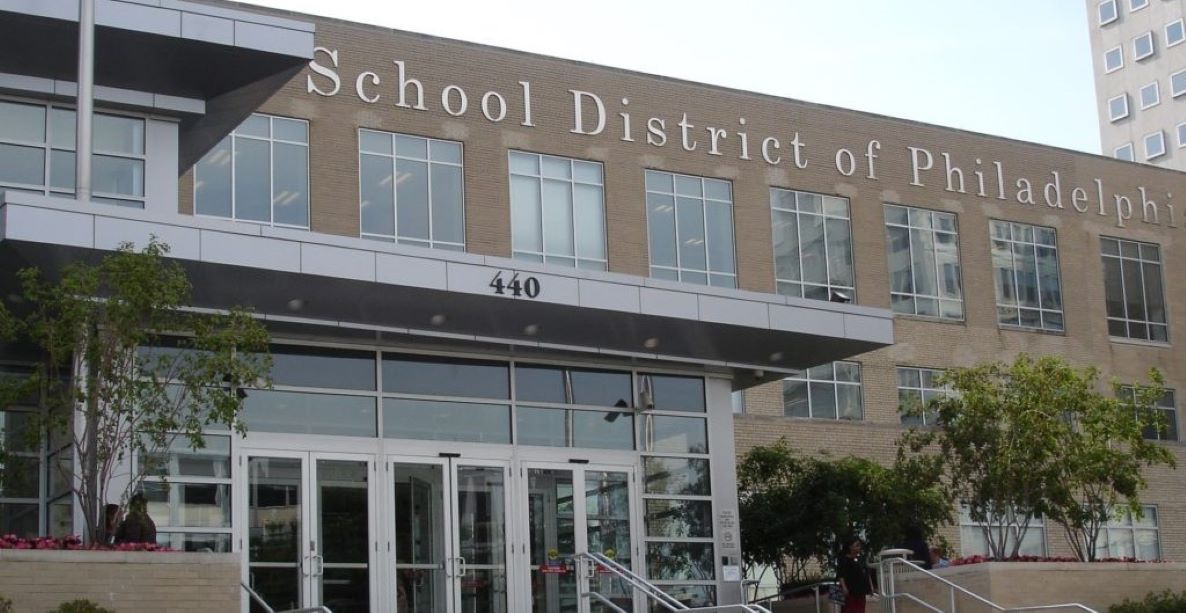Much of what we have heard about public education from those who hope to be our next mayor has been vague (if not empty) rhetoric about more money for more safety, more teachers, more mental health services, more counselors and librarians, more safe and more comfortable buildings.
It’s hard to argue with the basic premise that “more is better” in a historically underfunded system. But in the case of the School District of Philadelphia, the last thing we need is more of the same approaches that have had minimal impact on improving student outcomes or administrative effectiveness in spite of more funding.
The School District operating budget for the next fiscal year will be approximately $4.3 billion, two-thirds the size of the City’s $6 billion. Given the new mayor’s accountability for the school board, which is accountable for the school system, the voters are entitled to specific answers about what s/he will look for in Board appointees and his/her expectations for their performance. So far, we have heard lots of platitudes — but few specifics about School District governance.
Some candidates have hailed the “return to local control” following the replacement of the School Reform Commission with a Board of Education appointed by the Mayor with City Council confirmation. So what difference has local control made?
Voters are entitled to specific answers about what [the next mayor] will look for in Board appointees and his/her expectations for their performance.
The current Board makes most of its decisions behind closed doors, leaving little opportunity for dialogue with citizens who come to testify at their meetings. It fails to meet in neighborhoods around the city, as several of its predecessors did, thus inhibiting public input. The Board did not ask the philanthropic community to fund the transition costs for the new superintendent, choosing to spend $450,000 of its own funds on a consultant with dubious credentials. It has chosen to sue the City, which provides it with nearly half of its operating budget, over inspecting schools for hazardous materials, thus effectively biting the hand that feeds it. It has also raised opacity to an art form and, while claiming commitment to public engagement, has tolerated a website so challenging to negotiate that even the most interested citizens don’t even bother to try.
The mantra of “return to local control” as an alternative to the School Reform Commission has become, at best, a distinction without a difference.
Instead of vague ideas of “more of the same” with a few cosmetic touches, we need to hear answers to specific questions that address the mayor’s accountability such as:
-
- What do you see as the strengths and shortcomings of the current Board of Education?
-
- In assessing current members and vetting prospective appointees, what backgrounds and experiences will you look for across the nine Board members?
-
- What specific measures will you take to advance cooperation between the Board and City government, especially given the recent contentiousness with the Board suing the City over inspecting schools?
-
- How will you assess the performance of the Board?
The answers to these questions will tell us whether a candidate considers the school system a fundamental part of a mayor’s responsibility, worthy of serious thought and concrete ideas, or whether the school system is someone else’s problem.
Debra Weiner spent 45 years working in public education advocacy for high school reform, college prep, board accountability and early learning.
The Citizen welcomes guest commentary from community members who stipulate to the best of their ability that it is fact-based and non-defamatory.
![]() MORE ON PHILLY SCHOOLS
MORE ON PHILLY SCHOOLS



